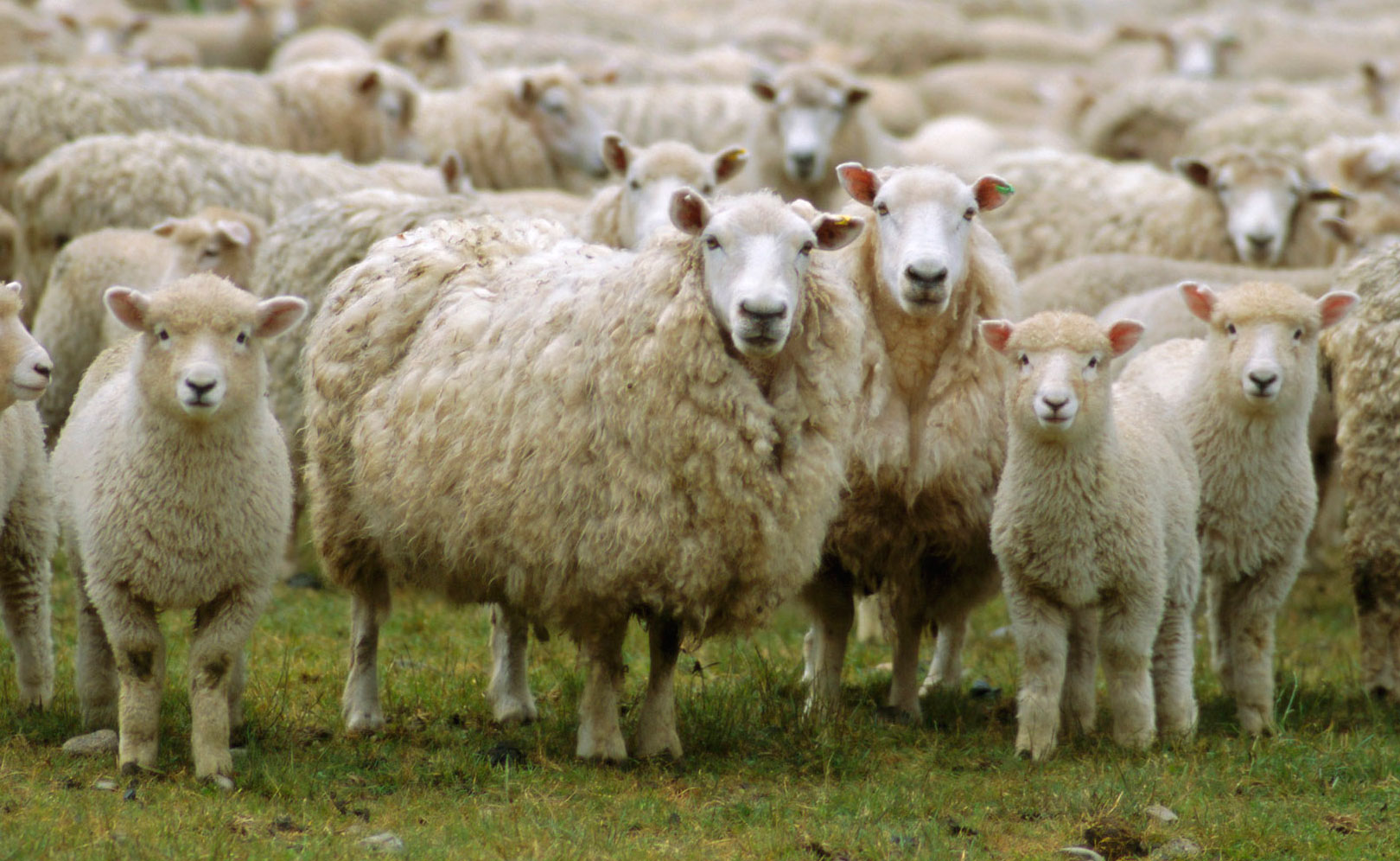Business Tips For Aspiring Livestock Farmers

Farming livestock can be a rewarding, yet challenging venture. Successfully getting into the livestock business, say two veteran farmers, takes more than just hard physical work. Indeed, new livestock farmers should do a lot of preliminary research
by Matt McIntosh – Farm Credit Canada (FCC)
For Sandi Brock, a sheep farmer from Southern Ontario, one of the most important steps new livestock farmers can take is to build a support network.
While experienced with dairy cattle and broiler chickens, Brock says she initially had no contacts or network of support in the sheep industry. She endeavoured to change this before truly investing, and looked for a good mentor – someone willing to share their practical knowledge without sugar-coating the venture. Finding a mentor, she says, involves extensive research, but can be facilitated by talking to trusted industry colleagues and commodity organizations.
“The health of the animal will haunt you or help you in every aspect of what you do”
“Any data you find is typically theory,” Brock says. “It’s what should happen. They don’t have the stuff that could and does go wrong. I would talk to a producer who is really willing to share the good and the bad.”
Set realistic goals
Kim Waalderbos, a dairy and beef farmer from central New Brunswick, says new livestock farmers should establish realistic goals, including determining what level of income needs to be generated. This includes developing a business plan, which includes a marketing plan, identifying labour needs and setting a cash flow budget.“The more time you spend at the research and thinking stage the better off you’ll be,” Waalderbos says.
“You’re not going to get rich quick in farming, so you have to be realistic with your expectations. It’s going to take time, take money and good planning. Always over-estimate expenses and under-estimate income to give yourself a cushion.”
She adds financing, should it be needed, is also easier to acquire with a thorough and organized business plan.
Don’t take animal health for granted
Research is also important in building a healthy flock or herd. Ensuring animals are purchased from reputable breeders who put extra effort into achieving high-health status, Brock says, is critical. This might cost more initially, but it’s well worth the investment.“The health of the animal will haunt you or help you in every aspect of what you do… they are your source of income,” says Brock.
Waalderbos expresses a similar sentiment, saying higher investments in animal health – and surrounding oneself with good people – will save significant worry.
Match the business to your strengths
Both Brock and Waalderbos say every livestock farmer will encounter unexpected setbacks. Aspiring livestock farmers need to work to their own strengths and understand there will be a learning curve – whether or not one has experience working with animals.
Bottom line
Successfully bringing livestock into the farm operation requires knowledge research, setting achievable goals, establishing good herd health from the onset and embracing the learning curve, say two Canadian farmers.
Source: Farm Credit Canada (FCC)












